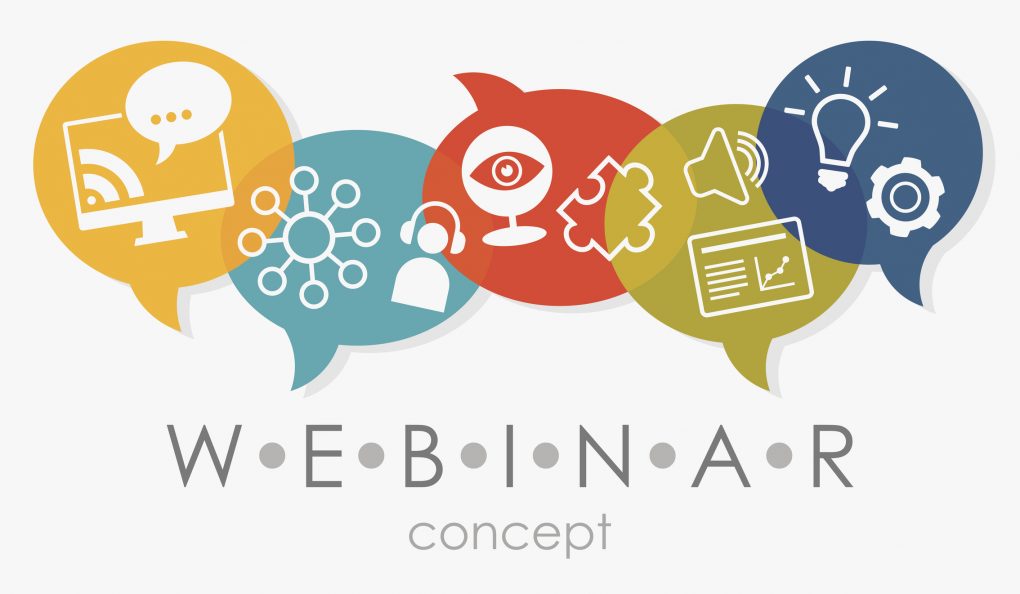Setting Up a Website for Your Small Business
Whether your business is a huge or a solo operation, you need a website. It will give you an online presence that will make it possible for your clients or customers to locate your business, know your operating hours, and many more things.
Web design software has also evolved. You don’t have to know how to code to build your website. Here are the steps you should follow to create a functional website for your business without coding.
1. Determine the purpose of your website
You can either have a website that acts as a platform for eCommerce or a simple website that provides general information about your business. Whatever your purpose is, stick to it.
Customers should not have to root around all your web pages trying to determine what you do. Whether it is a simple website or an eCommerce, put information about what you do on the homepage.
2. Get a domain name
A domain name is the web address or URL that you will be sharing with your current and potential clients or customers and promoting on your social media pages. Your domain name should be as short as possible, memorable, and easy to spell. You should avoid using nonsensical names, numbers, and hyphens.
Once you have your domain name, you should check for its availability on website name registrations sites like GoDaddy. If the name is not available, you can either call the company using it and ask to buy it from them or create another one.
3. Choose a web host
Every website needs a server or host. It is where all your web data is stored for people to access it all the time. There are various website hosting platforms like Blue Host.
If your site is not an eCommerce, you can consider a shared web host to reduce the cost. A shared web host means that your website will be sharing the allocated server with other sites. A shared host is the best only if your website is not an eCommerce site, and you are not expecting to have high traffic.
A dedicated server is the best option if you want an eCommerce website. It is the most expensive hosting plan, but it makes your site perform optimally.
Some of the factors that you should consider when choosing a hosting company include:
- Chat or/and phone support
- Server security
- Ease of using the user interface
4. Implement the best content management system
If you are a web developer, you can code your web pages using the programming language of your choice. But you don’t have to be a programmer to build a website for your business. You can use website creation platforms like Wix, Duda, Joomla, Drupal, Webnode, Squarespace, Weebly, and WordPress. When choosing your content management system or website creation platform, you should choose the one that is designed to suit your own needs. Some of the factors you should consider include user-friendliness, budget, and extensibility.
If you are planning on selling goods or/and services on your website, you should choose a good eCommerce platform with the right technology. Some of the best eCommerce platforms that you should consider checking include Shopify, WooCommerce, GoDaddy Online Store, Wix, Shopify Plus, and Business Squarespace.
5. Create an engaging user interface
For your website to have a positive impression and drive results, you should:
- Create standard pages for small business websites such as:
- Home
- About us
- Contact us
- Products/Services
- Privacy policy
- Terms of use
- Management team
- Site map
- Use easy-to-read fonts and beautiful graphics
- Compress and optimize your graphics for fast loading
6. Optimize your website for search engine
To get the best out of your website, you need to do all you can to make sure search engines such as Google rank your business website appropriately. Having your website showing up on the search engine results will make it easy for people to recognize it. It will also make it possible for your business to compete with your competitors because your website will now be visible to your potential clients or customers.
SEO (Search Engine Optimization) is a practice to ensure search engines rank your website appropriately to be visible to internet users. The most common SEO practices include:
- Having a mobile-friendly website
- Keyword research and implementation
- Installing SSL certificates
- Fast loading speed
- Using social media to link a website
- Having high-quality backlinks
- Having positive reviews online






